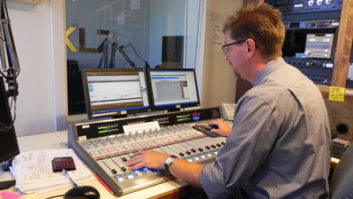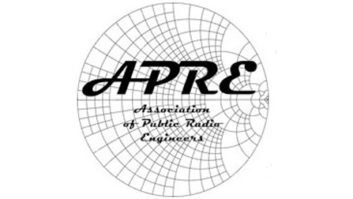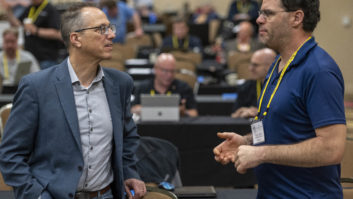One in a series of articles summarizing comments about the main studio rule debate.
Crawford Broadcasting is among the U.S. radio companies that see no need for the existing main studio rule.
In a comment with the Federal Communications Commission, the company applauded potential changes in the recent Notice of Proposed Rulemaking. The proposal would nix the longstanding requirement that every AM, FM and TV broadcast station maintain a main studio near its community of license and be staffed a certain way.
Director of Engineering W.C. Alexander said that a local main studio is unnecessary for the public to participate in programming. The company, which lists its target audience as Christian and conservative, says many of its 23 stations air religious talk, political talk or a combination, and these feature live talk, including on-air guests and callers, Alexander said.
“As such, our stations are often plugged into the local community much more than stations programming music and other entertainment formats,” he wrote. “Voices of individuals from our communities are heard on many of our stations on a daily basis.” (Alexander is also tech editor of Radio World Engineering Extra, which was not involved in the filing.)
Crawford stations include AMs in California, Oregon, Colorado as well as FM stations in New York, Alabama, Michigan, Indiana and Illinois.
Echoing many other broadcasters, Crawford said listeners seldom physically come into its offices, yet its stations have a healthy relationship with listeners through on-air discussions via social media, email and text messages, and even phone calls.
“The point is, it is no longer necessary or perhaps even desirable for some employees, hosts, guests and members of the public to come to the main studio of a broadcast station in order to participate in the on-air product,” Alexander argued.
He also cited an undue financial burden on a radio station in its effort to maintain a main studio, particularly when the principal community is some distance from a population from which revenue and personnel can be drawn.
“There are significant and sometimes crippling costs associated with [the main studio] requirement,” he said, pointing to additional burden of rent, taxes, utilities and repair and maintenance on a facility. Complying with the existing rule in one particular market costs Crawford $8,100 in rent, $6,000 for phone and internet bandwidth (the internet is used for STL) and $47,000 in employee compensation and expenses, he wrote.
Crawford does believe, however, that stations should be required to maintain a local telephone number in their principal communities. But it does not feel the number needs to be continually staffed outside normal business hours. Asking listeners to leave a message is common business practice, so: “As long as messages ultimately reach station personnel, we see no reason that the same mechanisms cannot be employed in radio,” he wrote.
Comments on the issue are being accepted in the ECFS database using MB Docket No. 17-106 by July 3, with reply comments due by July 17.












